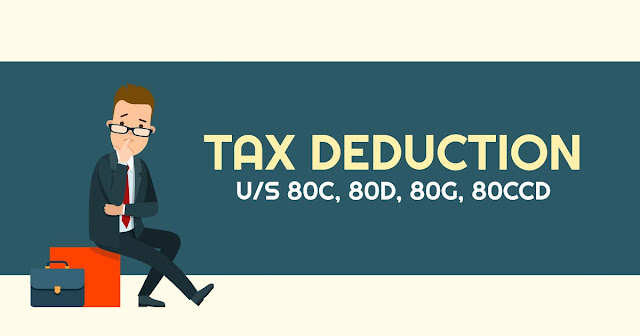People used to take no procedure for saving the taxes during the time of filing and lastly file a heavy amount of ITR. Individuals decide to take various steps to diminish the tax outgo post to filing the ITR, however, when they were unable to take any measure at the time of next year's return filing then they regret themselves.
But they are so concerned about taking all the required steps that could diminish their tax liability.
“Complete freedom from taxes is a farce. Rather plan your finances in such a way that you earn and save on taxes. Tax planning sans financial planning is futile. Remember that you work for money in the first half of your life. In the latter half of your life, let your money work for you. This is however not possible unless you have taken care of your taxes too,” said the tax expert.
There would be no additional method that one could secure the whole tax outgo post to reaching some income level, however, might diminish the tax outgo. The income tax-saving investments would not only assist towards securing the taxes however it might assist in achieving various targets of life when the investments would take place according to the purposes of financial planning.
Tax experts mentioned that “There is no escaping death and taxes. This means that achieving complete freedom from taxes is only second to wishful thinking. However, if you are talking about direct taxes, there may be some ways to lessen them, if not avoid them completely. Having said this, escaping the brunt of paying taxes should not be your aim. Instead, manage them skilfully so that you do not end up paying extra. The ongoing tax season has put many people in a tizzy as they rush to park their money in investment options to avail of tax deductions. Taxpayers face this kind of turmoil every year as they care less to learn about the tax-saving investment options available,”
The Steps to Prevent Paying More Taxes:
Those with naive views would quip that not revealing your income allows you to escape paying taxes. In the absence of digital progress, this could have been the case. It would be impossible for the Income Tax Department to not know your earnings with the linking of all businesses and bank accounts with PANs and Aadhar cards.
Multiple Tax-saving Steps Are:
Section 80C of Income Tax Act
In the first place, investing in investments covered by Section 80C of the Income Tax Act can save you taxes. Beneath this section in any fiscal year, Rs 1.5 lac could be claimed by the individuals, and Hindu undivided families (HUFs).
The investment options consist of
- Five-year bank fixed deposit (FD)
- Senior Citizen Saving Scheme (SCSS)
- National Savings Certificate (NSC)
- Public Provident Fund (PPF)
- Sukanya Samriddhi Yojana (SSY)
- Unit-linked Insurance Plans (ULIP)


Comments
Post a Comment